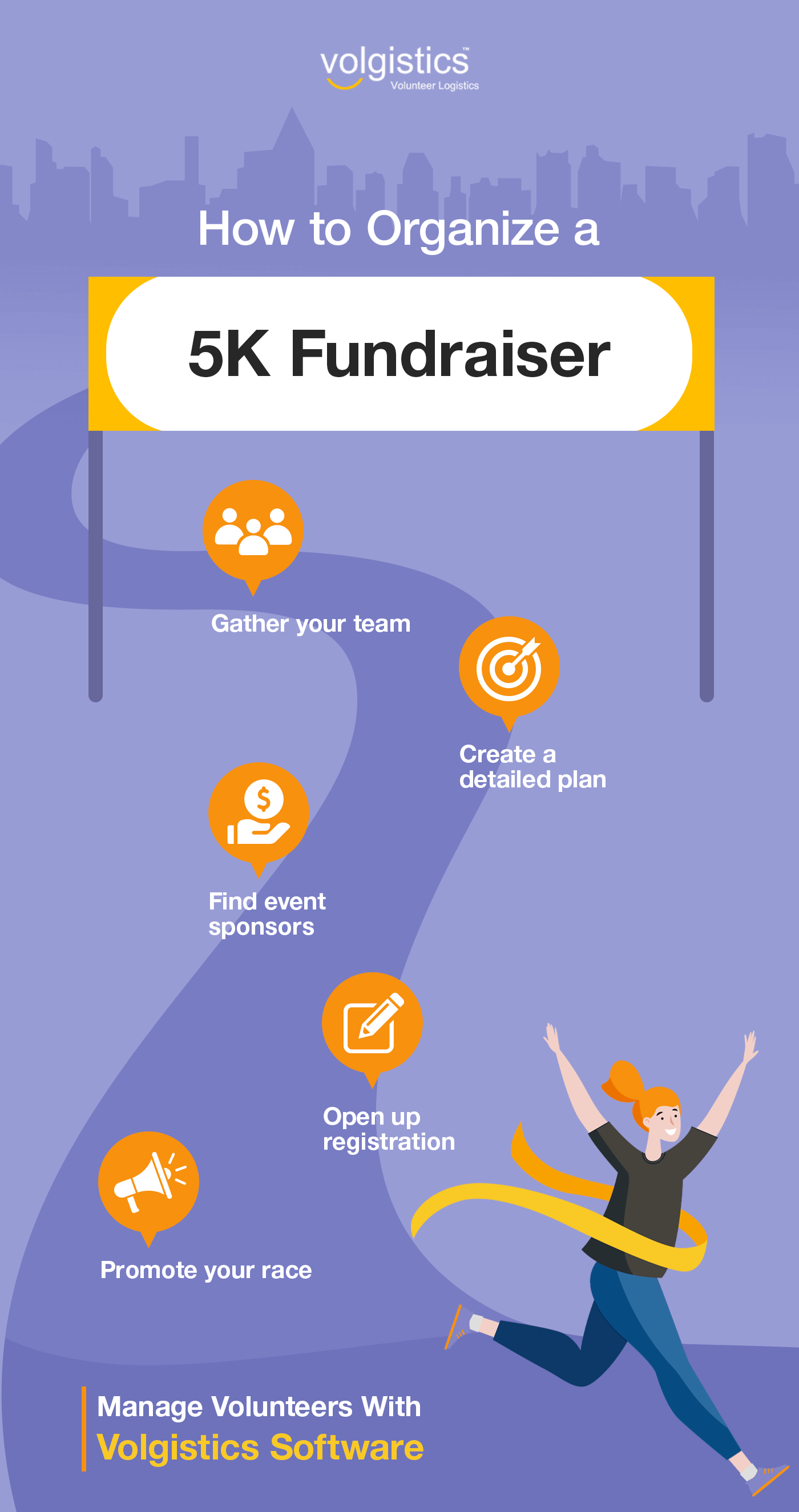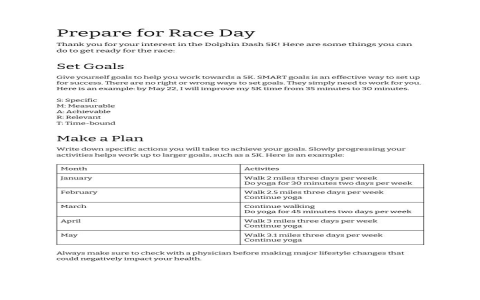Wondering how much is a 5k walk and what factors influence the price? You’re not alone. Whether you’re signing up for a charity event or a community race, understanding the costs behind a 5K walk can be tricky. Actually, the price you pay often goes beyond just the registration fee—it supports event logistics, charity causes, and sometimes even swag like T-shirts or medals. In this guide, we’ll break down the typical costs, explain why prices vary, and share tips on how to get the most value out of your 5K experience.
Why Do 5K Walk Fees Vary So Much?
First off, it’s worth noting that how much is a 5k walk depends on several factors. The average registration fee in the U.S. currently hovers around $ to $35, but it can range from as low as $ to upwards of $ or more. This variation is influenced by:
- Event scale and location: Big city races with large crowds often have higher fees due to permits, security, and venue costs.
- Charity involvement: Many 5Ks support causes, so part of your fee goes directly to fundraising efforts.
- Race amenities: Items like race timing, T-shirts, medals, refreshments, and entertainment add to the cost.
- Operational expenses: Insurance, staff, medical support, and marketing all require funding.
For instance, in our team's case organizing a local charity 5K, we found that about 60% of the registration fee went toward covering these essentials, with the rest supporting the cause and participant perks.

Rising Costs and Their Impact
Interestingly, 5K entry fees have risen roughly 11% since 2019, reflecting inflation and increased event costs. Race organizers report that expenses for essentials like race T-shirts have doubled, from about $4. to $ each, contributing to higher registration prices. However, when compared to everyday price hikes—like a 31% increase in milk prices over the same period—5K fees remain relatively reasonable.
Still, this increase can add up, especially for families. For example, a family of four might spend $ or more just to participate in a local 5K, which some find comparable to other monthly expenses like groceries or fuel. That’s why many events offer early bird pricing or group discounts to ease the burden.
How Entry Fees Support Charity and Community Causes
One of the biggest draws of 5K walks is their charitable aspect. Many events are designed to raise funds for important causes, from cancer research to veterans’ support. Your registration fee often covers event costs, but the surplus helps the charity meet its fundraising goals.
For example, the annual Paradise Coast 5K Walk/Runs recently raised over $90, in just a couple of hours, supporting local nonprofits. Similarly, the Wounded Warrior Project’s Carry Forward 5K saw a 16% increase in fundraising during the pandemic by adapting to virtual and hybrid formats.
Note: A common misconception is that all your registration fee goes directly to charity. In reality, a significant portion covers event expenses, but organizers strive to maximize the funds that benefit the cause.
Choosing the Right 5K for You
When deciding which 5K to join, consider what’s included in the fee. Some races offer extras like:
- Commemorative T-shirts or medals
- Post-race refreshments and entertainment
- Professional timing and race results
- Virtual participation options
These perks can enhance your experience but may also raise the price. If your main goal is supporting charity, look for races where a higher percentage of fees goes to the cause. If you want a fun day out with family, consider events with added activities.
Comparing Two Popular 5K Events
| Feature | Project A: Charity 5K Walk | Project B: City Fun Run 5K |
|---|---|---|
| Registration Fee | $ (includes T-shirt, medal) | $ (no swag) |
| Charity Portion | 50% of fee | 20% of fee |
| Race Timing | Professional chip timing | Manual timing |
| Event Type | Hybrid (in-person + virtual) | In-person only |
| Additional Activities | Post-race festival, food trucks | None |
As you can see, Project A costs more but offers more amenities and donates a larger share to charity. Project B is more budget-friendly but with fewer extras. Your choice depends on what matters most to you.
Step-by-Step Guide: How to Register and Prepare for a 5K Walk
Wondering how to get started? Here’s a simple process to follow:
- Find a 5K event: Search online for local charity walks or community races. Check dates, prices, and causes.
- Register early: Take advantage of early bird discounts and secure your spot. Registration is usually online.
- Prepare your gear: Invest in comfortable walking shoes and weather-appropriate clothing.
- Train gradually: Start walking regularly, increasing your distance weekly. Even a casual walk-jog routine helps build stamina.
- Plan race day logistics: Arrive early, stay hydrated, and follow event instructions for a smooth experience.
Following these steps will help you feel confident and ready to enjoy your 5K walk.

Training Tips for Walkers
It is worth noting that many people worry they aren’t fit enough to participate. Actually, 5Ks are very beginner-friendly. You don’t have to run; walking at your own pace is perfectly fine. The key is consistency in training and pacing yourself on race day.
Common Misconceptions About 5K Walk Costs
Note: Here are some myths to clear up:
- Myth 1: “All 5K walks cost the same.” — Fees vary widely based on location, cause, and amenities.
- Myth 2: “The registration fee is too high for charity events.” — Rising costs reflect real expenses; many events offer discounts or sponsorships.
- Myth 3: “You must be a runner to join.” — Walkers, joggers, and families are welcome at most events.
Understanding these points helps set realistic expectations and encourages participation.
Conclusion: Is a 5K Walk Worth the Cost?
So, how much is a 5k walk? Typically, you can expect to pay between $ and $40, depending on the event. This fee covers essential costs and supports charitable causes, community engagement, and often provides fun extras. The growing trend of hybrid and virtual 5Ks also offers more flexibility and value.
In our team’s experience organizing events, participants consistently report feeling that the cost is worthwhile—not just for the physical activity but for the sense of community and contribution to meaningful causes. If you’re considering signing up, look for races that align with your budget and values, and remember that walking a 5K can be a rewarding, accessible experience for everyone.



